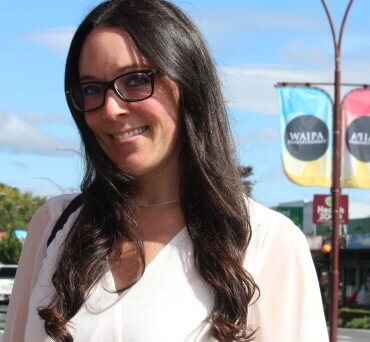
Janine Krippner
Supervolcanoes are perhaps the megastar of volcano misinformation, they get the flashiest headlines designed to grab attention with little to no facts involved.
During my eight years in the United States I spoke to a lot of people about volcanoes, almost everyone asked me something along the lines of “will Yellowstone kill us all?”
The issue is fuelled by tabloids making frequent bogus claims like “Yellowstone volcano eruption warning: hundreds of bison dead as fears of mega blast grow”. The most likely eruption at Yellowstone National Park is a hydrothermal/steam eruption, or a lava flow.
To be honest, I don’t love the term. There is no point in fighting it, but it often lacks context and is grossly exaggerated. It suggests the biggest of the big eruptions will happen– the “super eruptions”. The truth is, those massive eruptions are also the rarest type, and to qualify as a “supervolcano” the volcanic system must have produced only one of them among the dozens to hundreds of much smaller eruptions, and it may never produce one that big ever again. To get that much super sticky magma to move is a feat in itself, it’s not a popular eruption style.
Let’s look at Taupō, currently in an unrest period (an increase from the normal level of activity below the surface, which may not lead to an eruption and may not even be driven by magma) and has understandably made people nervous. It is important to note that between 1870 and 2022 there have been at least 17 periods of unrest, none of which led to an eruption. Taupō has produced some big caldera-forming eruptions – when so much magma erupts that the ground collapses, forming a large hole. About 25,500 years ago the one “super eruption” occurred, and since then there have been over 28 far smaller eruptions – the more likely scenarios. It is harder to preserve and find remnants of smaller events, so these are usually underestimated. To summarise, we have these volcanic systems which have produced the largest type of eruption at least once (maybe once or twice), have significantly more smaller eruptions, and have normal periods where the volcano shakes around a bit but does nothing at the surface. What is the global focus? Of course, it’s the “big one”.
Do volcanologists take these rare events seriously? Very. There is currently the Eclipse project run by a collective of groups to better understand the central Taupō Volcanic Zone, and it is closely monitored. We also learn about our Kiwi volcanoes through understanding other similar systems around the world. We want to know all there is to know about every possible eruption, what warning signs would precede them, and what the impacts would be. We care if these systems produce any sized eruption.
What bugs me is when people are scared by misinformation for clickbait profits. Life is hard enough, you don’t deserve that.
Yes, the volcano is super cool. Yes, smaller eruptions could certainly have big impacts. No, it won’t wipe out life on Earth. How do we know? Well, you’re here reading this. We passed that experiment already.









